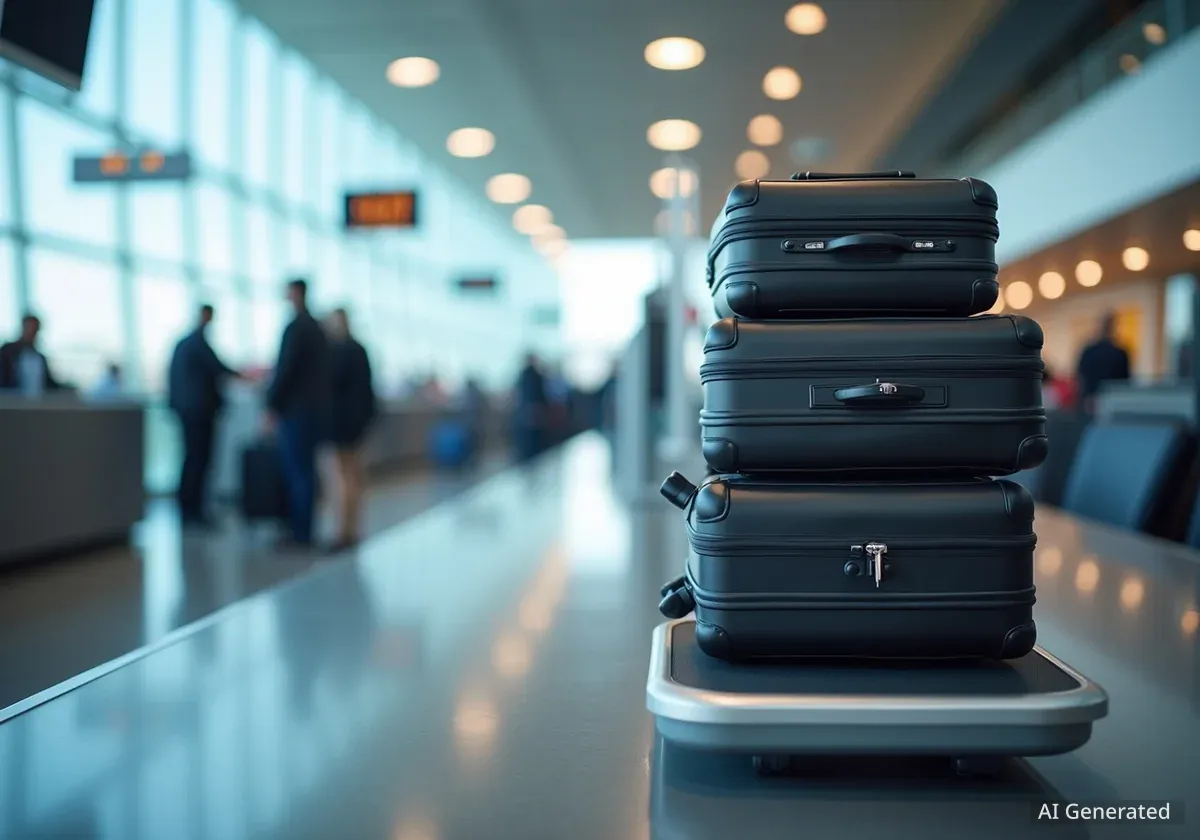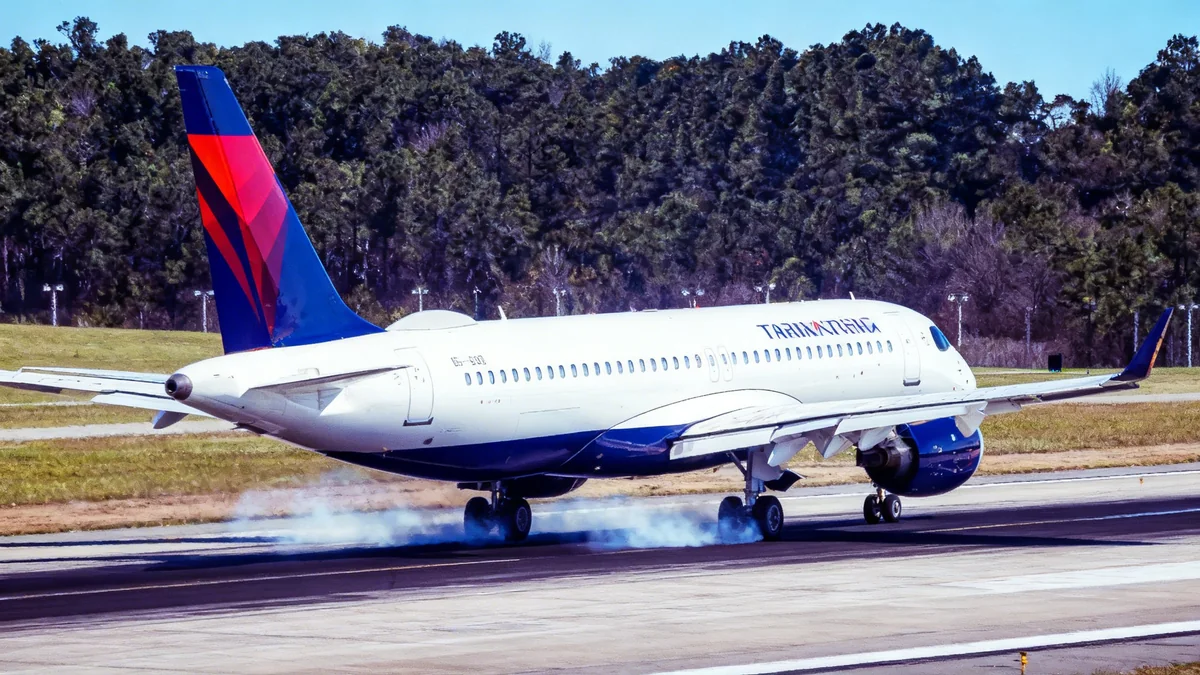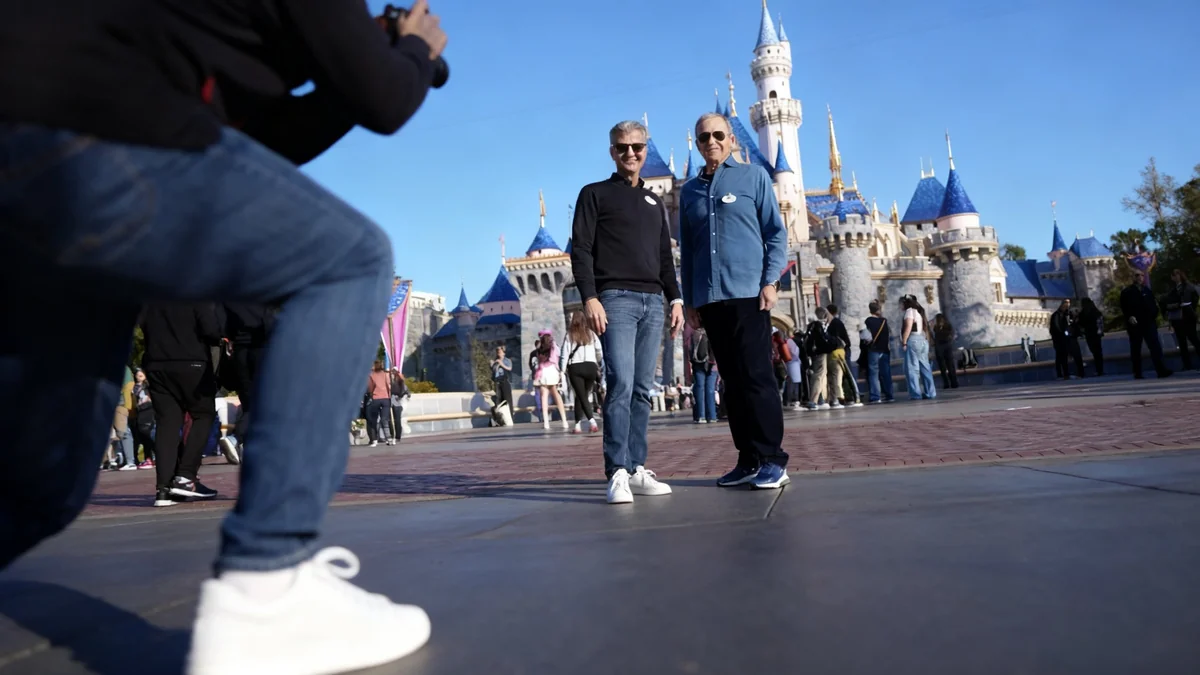Southwest Airlines has significantly altered its long-standing business model, introducing new fees and operational changes. These shifts follow pressure from activist investor Elliott Management, which has gained influence over the airline's board. The changes include charges for checked bags and seat assignments, along with other adjustments to its loyalty program and credit policies.
Key Takeaways
- Southwest Airlines has started charging for checked bags and seat assignments for flights beginning January 27.
- Trip credits now expire, and the airline has introduced basic economy fares.
- Elliott Management, an activist investor, has influenced these significant changes.
- The airline also implemented its first company-wide layoff in its history.
- Some industry observers believe these changes address prior complacency, while others predict customer alienation.
Southwest Introduces New Fees and Policies
Southwest Airlines, known for its customer-friendly policies, has implemented several new charges. For the first time, passengers must pay for checked bags. The airline will also charge for specific seat assignments on flights starting January 27. These moves represent a departure from core elements of its brand identity.
In addition to new fees, Southwest has adjusted its Rapid Rewards loyalty program. Points have been devalued, and trip credits now have expiration dates. The company has also introduced basic economy fares, aligning its offerings more closely with other major carriers. These policy changes mark a significant shift in how Southwest operates and generates revenue.
Fact: Baggage Fees and Taxes
Ancillary fees, such as baggage charges, are often not subject to the 7.5% federal excise tax that applies to airfares. This allows airlines to retain a larger portion of the revenue generated from these services, providing a financial incentive for their introduction.
Activist Investor Influence on Airline Strategy
Elliott Management, an activist investor, has been a key driver behind these strategic changes. The firm acquired a significant stake in Southwest Airlines in June 2024. Despite holding less than 15% of the airline's stock, Elliott Management has gained effective control over the board. This influence has led to a rapid overhaul of the airline's business practices.
Some analysts, like Brian Sumers, suggest that Elliott Management's involvement has benefited Southwest by shaking the company out of a period of stagnation. Before these changes, Southwest was often described as risk-averse, particularly during the leadership of Gary Kelly and the early years of current CEO Bob Jordan. The airline was perceived as a large bureaucracy where decision-making was slow.
"Elliott Management has shaken Southwest out of its complacency," stated one industry observer, highlighting the investor's role in prompting the airline to adapt to market changes.
Leadership Changes and Promises
The pressure from Elliott Management has also led to notable departures among Southwest's senior leadership. Key executives, including Ryan Green (Executive Vice President & Chief Transformation Officer), Tammy Romo (Executive Vice President & Chief Financial Officer), and Linda Rutherford (Chief Administration Officer), have left the company. Jonathan Clarkson, Vice President & Chief Product Officer, also departed.
CEO Bob Jordan, who previously assured customers that bag fees would not be implemented, has overseen the introduction of these new charges. This change in stance highlights the extent of the influence exerted by the activist investor. The airline is also accelerating plans to retrofit planes for extra legroom, aiming to complete the work on 737-700s quickly after the Thanksgiving holiday rush to support paid assigned seating in January.
Addressing Prior Complacency and Operational Issues
Many within the industry agree that Southwest needed to address a period of operational and technological complacency. The December 2022 operational meltdown, which caused widespread disruptions, served as a clear indicator of these issues. At that time, the airline still relied on outdated systems, including printing out paperwork for each departure.
Southwest also lagged in integrating with online travel agencies (OTAs) and forming partnerships. This limited its reach in certain markets and prevented it from benefiting from points purchases through major travel portals like American Express, Capital One, and Citi. The lack of these capabilities meant the airline was missing out on significant revenue opportunities and competitive advantages.
Background: Southwest's Unique Model
For decades, Southwest Airlines operated with a distinct business model: no checked bag fees, open seating, and a single aircraft type (Boeing 737s). This approach aimed to simplify operations and offer a clear, low-cost value proposition to passengers. It contributed to the airline's reputation for customer service and its long streak of profitability.
Customer and Employee Reactions to Changes
The changes at Southwest have generated mixed reactions from customers and employees. Many long-time passengers express disappointment and a sense of betrayal. Some have indicated they will switch to other airlines after decades of loyalty.
- David R. Miller, a customer, stated: "Southwest has alienated 95% of their customer base. What made Southwest the best airline for 40+ years has seen this group of bean counters destroy in the past few months."
- Donald Ramsell shared his experience: "They clipped me for a 2d bag fee of $35 each (A lister) for three flights – even though it was FREE at the time of purchase. I switched my last flight back to AA for the last leg for my free bag and a free first class upgrade."
Employees, too, face challenges. The company's first-ever company-wide layoff, even after avoiding furloughs during the pandemic, has impacted morale. Some observers suggest that the changes undermine the company's long-standing culture of employee care and customer service, which were hallmarks of its success.
Future Outlook and Challenges
The long-term financial impact of these changes remains to be seen. While some argue that these measures are necessary for Southwest to compete in a dynamic industry, others worry about the erosion of its unique brand identity. The introduction of fees and basic economy fares makes Southwest's product more similar to its competitors, potentially losing its distinct appeal without offering a superior experience.
The airline's previous model, focused on simplicity and customer perks, allowed it to grow significantly. However, as a mature carrier, Southwest may have reached the limits of that model. To continue growing, it might need to embrace greater complexity, such as a more diverse fleet for different markets, more seating types, and potentially lounges. These additions, however, would increase operational costs.
Industry Trend: Premium Cabins
Since 2019, airlines have increased premium seat offerings at three times the pace of economy seats. A significant portion of airline profits now comes from premium cabins, even during periods of lower demand. This trend suggests a potential need for Southwest to consider a true domestic first-class cabin to attract business travelers and high-yield routes.
The debate continues whether Elliott Management's prescriptions will lead to a return to historical financial performance or if Southwest will struggle to differentiate itself in an increasingly competitive market. The lack of prior action on obvious market trends has put Southwest in a difficult position. The current strategy aims to unfreeze the company from its past inaction, but replicating its past success may be challenging.
Ultimately, Southwest is transforming into an airline more like its peers. This shift might be necessary for survival, but it also signals the end of an era where Southwest stood apart with its distinct customer-centric approach. The coming year will be crucial for evaluating the financial and brand impact of these profound changes.





